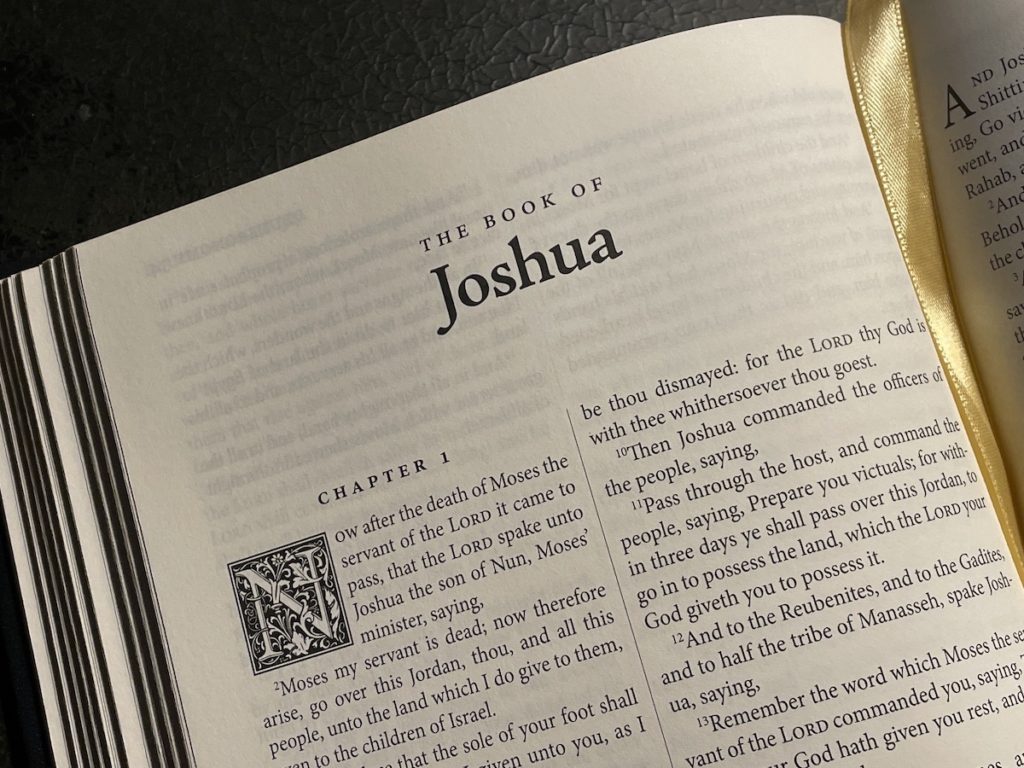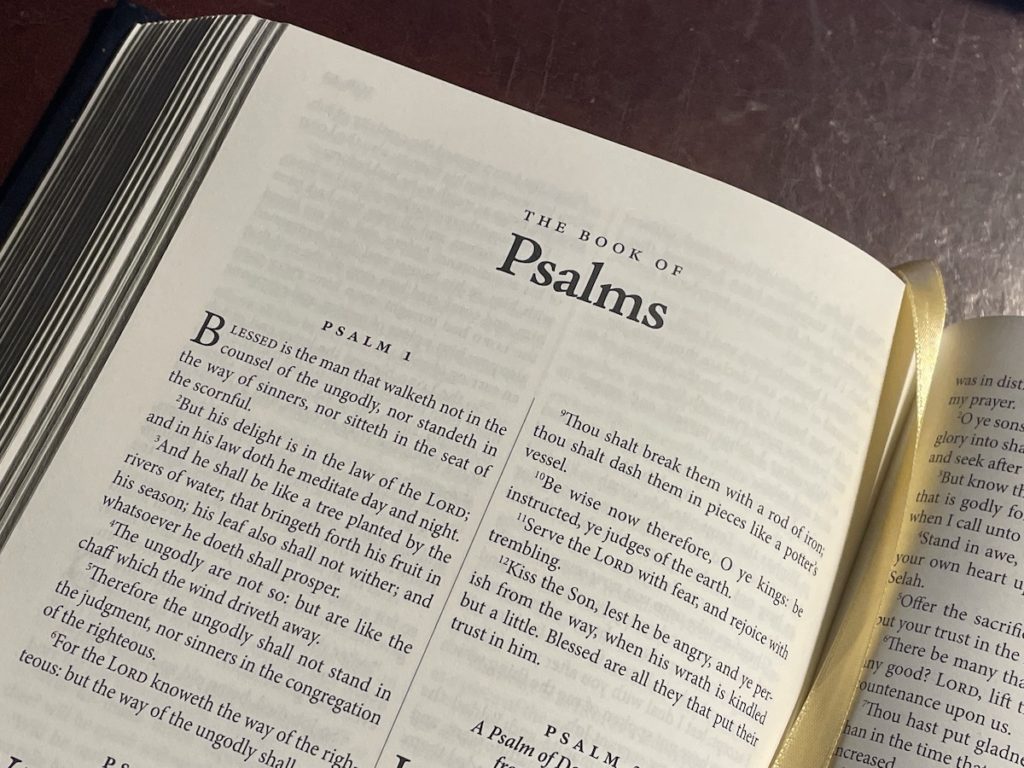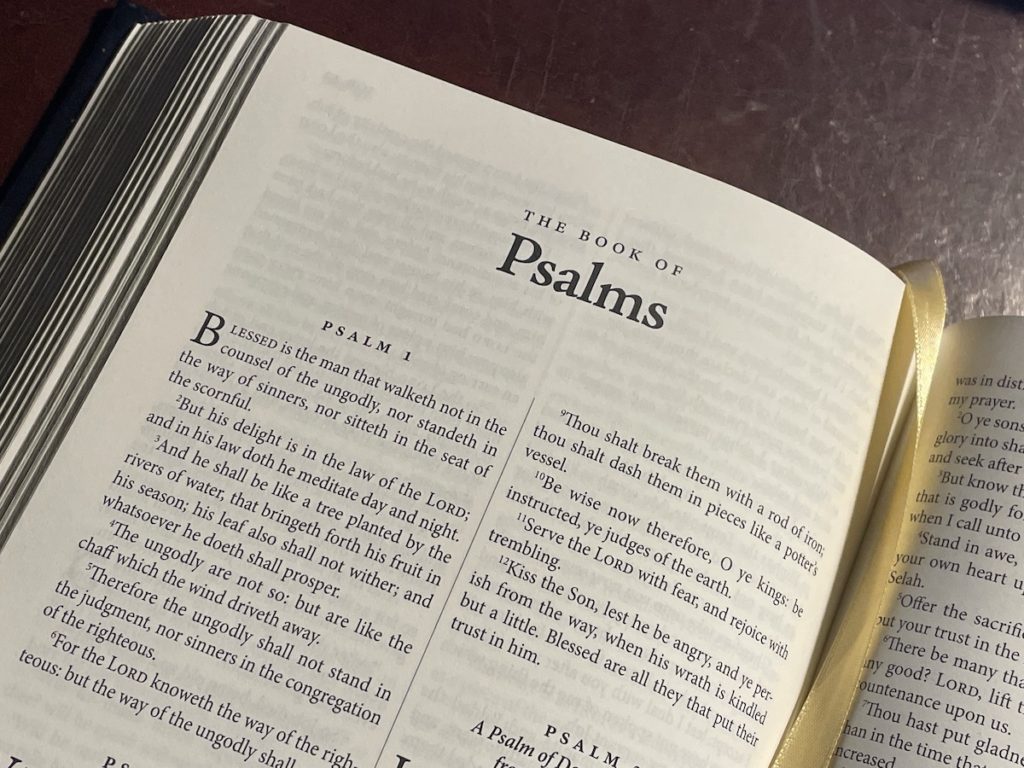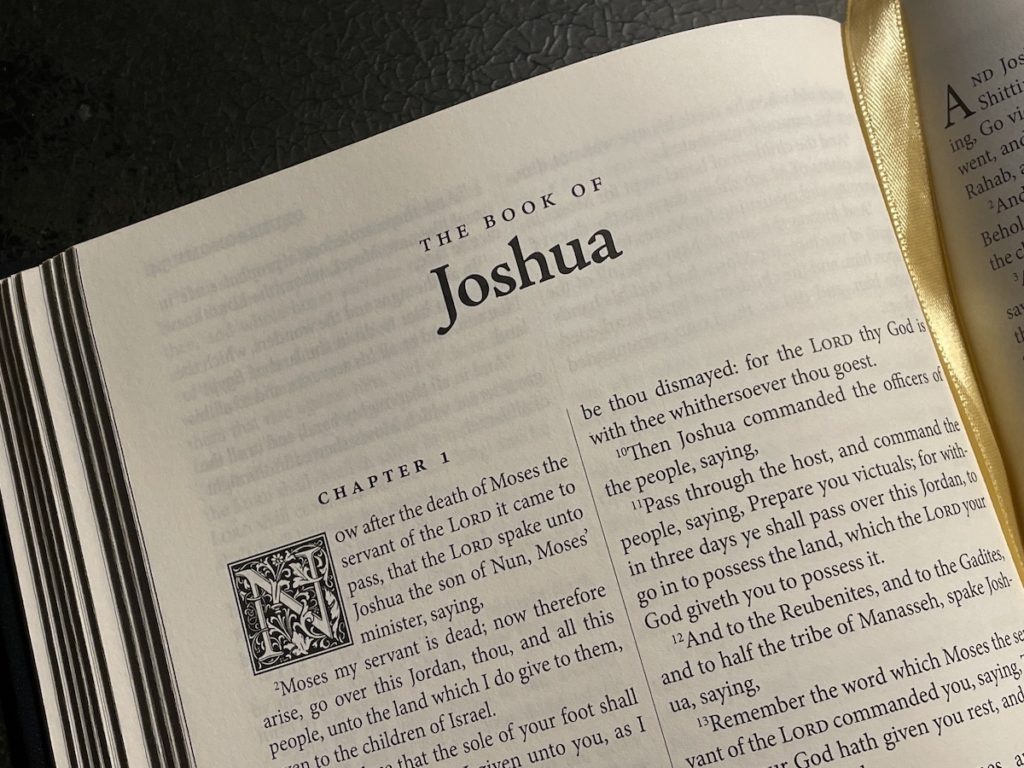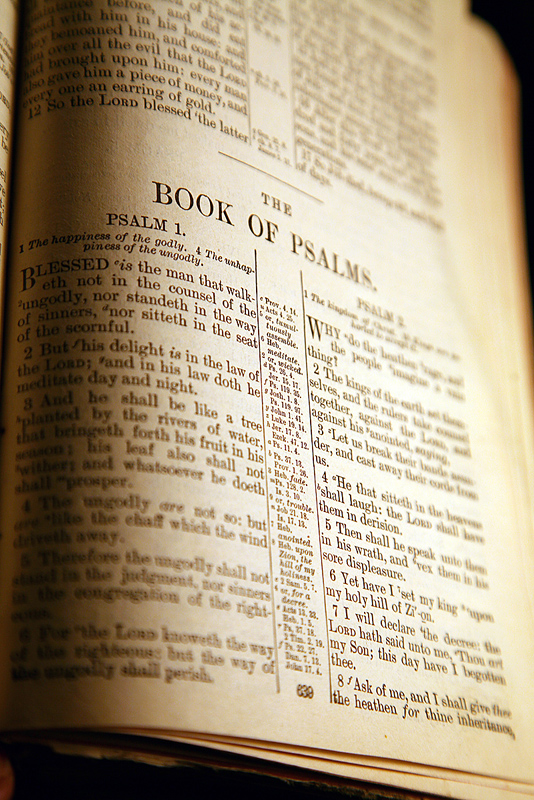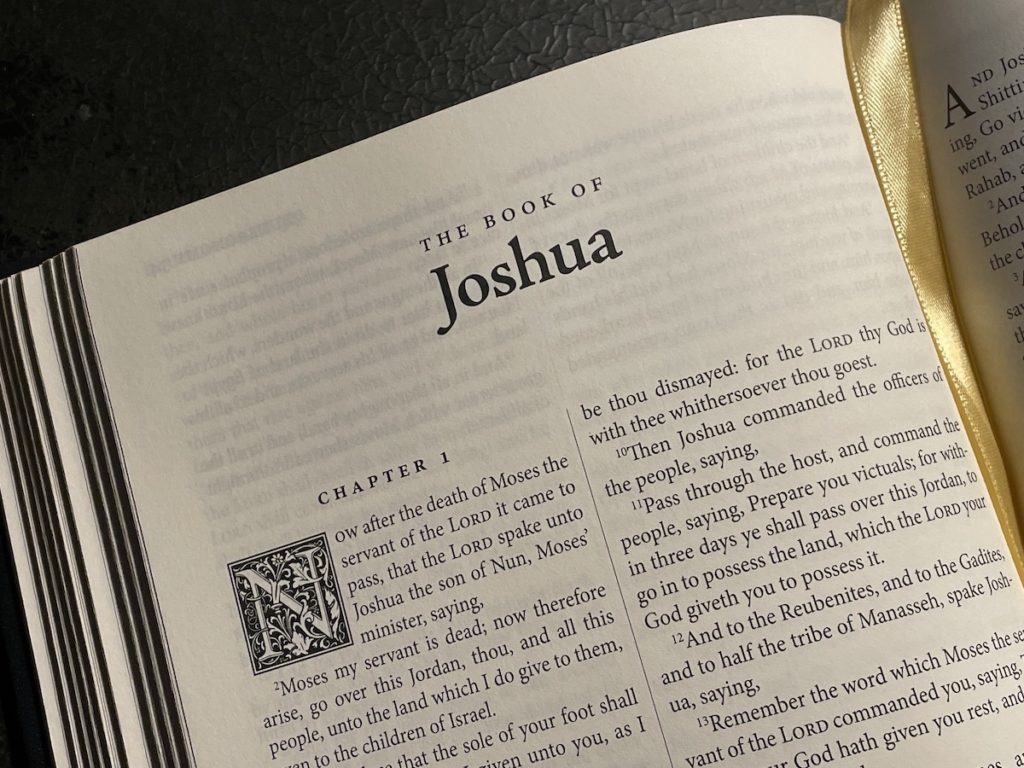
Psalm 18
Psalm 18:20, 24, Reward me according to my righteousness. The Bible not only teaches that there is a righteousness that is imputed to the saints, that is, the righteousness of Yeshua, but that there is also a works-based righteousness that is a result of the good works of the saints himself that will form the basis for his eternal rewards. Yeshua alludes to this in Matt 5:19–20 as does John in Rev 19:8 (see also Matt 16:27; Rom 2:6; 2 Cor 5:10; Eph 6:6; 1 Pet 1:17; Rev 2:23; 19:12 22:12).

Psalm 18:25–27, With the merciful. To one degree or another, Elohim responds to humans in the same manner they respond to him both positively and negatively. Our relationship with him has a cause and effect component to it—we reap what we sow. This is a form of heaven’s reality discipline upon humans to ultimately, hopefully, bring them to Elohim.
Psalm 19
Overview of Psalm 19
This psalm contains three sections that show a wonderful and logical progression from the greater (Elohim) to the lesser (man),that is, from the macro level downward to the micro level. At first appearance, these three sections may seem unrelated, but upon second glance, each section actually flows logically into to the next revealing some deep mysterious truths about YHVH Elohim’s plan of redemption for humans.
Section one (vv. 1–6) describes the creation of Elohim, which points to the glory of YHVH Elohim, the Creator. It concludes by describing the sun, which is the physical light of the world, and which is like a bridegroom in his full glory emerging from his private chambers about to marry his bride. Moreover, the physical universe is governed by physical laws, which keep it functioning in an orderly manner.
Section two (vv. 7–11) describes the glorious attributes of the Torah-law of Elohim, which reveals the character of the Creator, and it shows man what his response should be to the Almighty upon viewing the glories of his creation. Man is to worship the Creator, not the creation. When followed, the Torah helps to keep man’s life structured in a way that brings order, blessing and causes his life to function smoothly, even as the universe is structured and ordered by Elohim and functions smoothly because of his physical laws.
A Torah lifestyle is also how the saint of Elohim is a spiritual light to the world (Deut 4:6).
Moreover, as the sun’s light pierces the physical darkness of the world, the light of the Torah brings the spiritual light of Elohim into the world along with bringing many benefits to the obedient person including a blessed life.
Section three (vv. 12–14) explains what happens when the light of Elohim’s Torah shines into the darkness of a one’s life as it exposes the hidden dark areas of sin. It also shows man how to walk blamelessly before and in a right relationship with Elohim, his Creator.
This psalm then ends by stating that YHVH is man’s strength and redeemer. This is another way of saying that man is morally and spiritually weak and needs redemption from the consequences and the power of sin.
Thankfully, YHVH has the answer to this problem: he is man’s strength and Redeemer. Yeshua the Messiah is man’s Redeemer and as the sun is the physical light of the world, Messiah is the spiritual light of the world (John 1:6–9; 8:12). Elsewhere, Scripture even calls Yeshua the Sun of Righteousness (Mal 4:2), and, in his glorified state, his face shines like the sun in its full strength (Rev 1:16).
And ultimately, when a person follows the Torah through a relationship with Yeshua the Redeemer, one will eventually be raised to glory and shine like the stars in heaven (Dan 12:3; Matt 12:43), for they will be like Yeshua (1 John 3:2). HalleluYah!
Psalm 19:7–9, The Torah of YHVH. Listed here are the seven attributes of the Torah and the corresponding blessings for Torah-obedience. These are:

- The Torah is perfect resulting in converting the soul of man from spiritual darkness to spiritual light.
- The Torah is sure (i.e., to build up or support; to foster as a parent or nurse; to render or be firm or faithful, to trust or believe, to be permanent or quiet; morally to be true or certain) imparting wisdom to simple people.
- YHVH’s Torah is right (or straight) bringing joy to a person.
- Elohim’s Torah is pure (or beloved, choice, clean and clear) light bringing one spiritual enlightenment.
- The Torah that engenders the fear of YHVH (which is the beginning of wisdom and knowledge [Ps 111:10; Prov 1:6; 9:10]) is pure and last forever (it has neverbeen done away with!).
- The Torah is true (i.e., stability, certainty, truth and trustworthiness).
- The Torah is righteous (i.e., right or just).
These are the seven attributes of YHVH Elohim’s Torah-law. Why is it important to know these? Because they give us an insight into the fundamental character of Elohim. That is to say, the Torah is an extension of the very character, heart, mind, will and personality of our Creator. This is why it is patently absurd and borderline, if not totally, blasphemous to declare that the Torah-law that YHVH revealed to his people through the patriarchs and eventually in a codified form to Israel through Moses has been done away with! The perfect and immutable character of Elohim cannot be changed, annulled, improved on or abridged in any way. Make no mistake, for anyone to think that this is possible is simply a manifestation of one’s sinful arrogance, impudence, rebellion, defiance and puerile impudence against the Almighty. Elohim will never tolerate any effort of man to impugn his character. Those who do so will be judged accordingly—especially those who teach YHVH’s people these false traditions of man by which the Word of Elohim has been made of none effect.
Psalm 19:13, Great [much] transgression. Is this to be contrasted with “small or little transgression”?
Psalms 22–24
A Prophetic Messianic Trilogy. Psalms 22, 23 and 24 form a prophetic trilogy pointing to the circumstances surrounding the death (Psalms 22 and 23), resurrection (Psalm 23) and enthronement of Yeshua as King over Israel (Psalm 24). Psalm 24 shows how a person can ascend the “mountain” of Elohim and come into the presence of our Father in heaven. This psalm also presents the Messiah as YHVH and as the doorway to righteousness and salvation for those who seek him. He is the only way to the Father in heaven, if one will only open the door of one’s heart and let him come into one’s life.
Psalm 22
Psalm 22:1–7, You forsaken me…enthroned in the praises. When it seems that Elohim has forsaken us and the heavens seem like brass, this is the time to praise Elohim, and his presence will come. It is also the time to recall and even remind him of all the good things that he has done for us in times past (vv. 4–5). This is despite the fact that the brutish and abusive behavior of others against us often makes us feel as low as a worm (vv. 6–7). Praising and trusting in Elohim at such times is counter intuitive to the natural human mind. It is in such times that one is inclined to cease believing in their Creator and, to one degree or another, forsake him and or abandon their faith altogether. Yet at these times, this is when the faithful saint seeks the Almighty all the more, even as Yeshua did while in praying in the Garden of Gethsemane and while hanging on the cross—the very thing to which this psalm prophetically pointed. For it is verse one of this psalm that Yeshua quoted while hanging on the cross dying. He was telling us that we was the fulfillment of the prophecies contained in this psalm. In fact, this psalm has several prophetic referential touch points to Yeshua’s last moments just prior to his ignominious death. They are:
Continue reading


